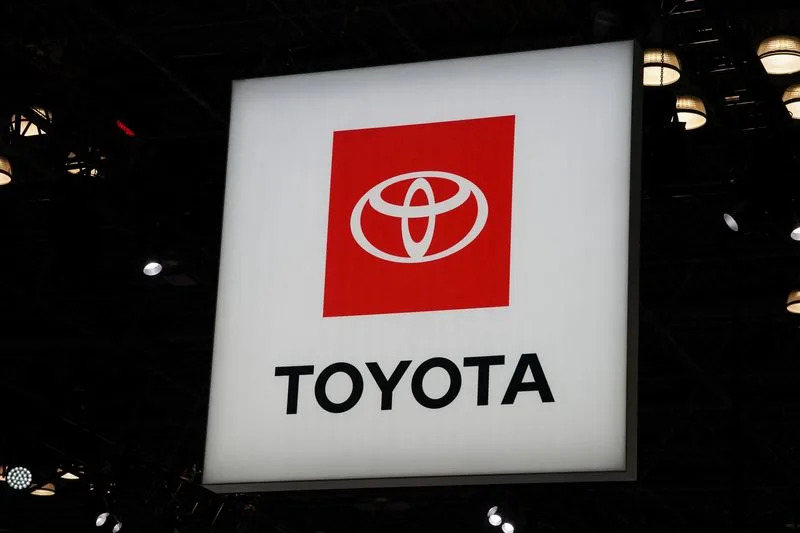In a significant move to expand its presence in the space sector, Toyota’s research unit will invest in Japanese startup Interstellar Technologies (IST) to support mass production of its rockets. This strategic partnership is part of the world’s largest carmaker group’s efforts to venture into the rapidly growing space industry.
IST Secures 7 Billion Yen Investment from Woven by Toyota
As per an official statement, Woven by Toyota, a subsidiary of Toyota that is building a futuristic city in Japan with autonomous driving technology, will invest approximately 7 billion yen ($44.4 million) in IST through the first close of its Series F funding. This significant investment will not only provide IST with much-needed capital but also strengthen its supply chains and corporate governance.
Partnership Details and Board Appointments
As part of the capital and business tie-up, Woven by Toyota will appoint a director to IST’s board, further solidifying their partnership. This strategic move is expected to enhance rocket production capabilities, enabling IST to tap into new markets and increase its market share in the space industry.
Toyota Chairman Akio Toyoda’s Vision for Space Exploration
In a recent speech at the CES trade show in Las Vegas, Toyota Chairman Akio Toyoda emphasized the importance of exploring space beyond Earth. He stated, "The future of mobility shouldn’t be limited to just Earth, or just one car company." This vision is reflective of Toyota’s commitment to pushing the boundaries of innovation and its willingness to explore new frontiers.
Toyota’s Growing Presence in Space Industry
Apart from launchers, Toyota is actively involved in building a lunar rover with Japan’s space agency. The rover will enable astronauts to navigate on the moon’s surface as part of the NASA-led Artemis programme. This ambitious project highlights Toyota’s growing presence in the space industry and its commitment to exploring the vast possibilities of space.
The Commercial Space Race Heats Up
In recent years, the commercial space sector has witnessed significant growth, led by companies like SpaceX founded by Elon Musk. IST, based in Hokkaido, became the first Japanese company to send a commercially developed rocket into space in 2019. However, its orbital launcher, Zero, remains under development.
Challenges and Opportunities in Japanese Space Industry
IST’s rival, Space One, attempted a second flight of its orbital rocket Kairos last month but unfortunately experienced a launch failure. The Japanese government has set ambitious targets for the space industry, aiming to launch 30 rockets annually by the early 2030s and create an 8 trillion yen space industry. To achieve this goal, startups like IST and Space One are being granted subsidies to support their growth.
Conclusion
Toyota’s strategic investment in IST marks a significant milestone in the company’s foray into the space sector. This partnership not only demonstrates Toyota’s commitment to innovation but also its willingness to explore new frontiers. As the commercial space industry continues to grow, it will be interesting to see how Toyota and IST navigate this rapidly evolving landscape.
Recommendations
- Supporting Japanese Space Industry Growth: The government’s subsidies for startups like IST and Space One are expected to boost growth in the sector.
- Enhancing Supply Chains and Corporate Governance: Woven by Toyota’s investment is likely to strengthen IST’s supply chains and corporate governance, enabling mass production of rockets.
- Exploring New Frontiers in Space: Toyota’s involvement in building a lunar rover and investing in IST demonstrates its commitment to pushing the boundaries of innovation.
Sources
This article is based on reports by Reuters, with contributions from Juby Babu in Mexico City and Kantaro Komiya in Tokyo. The editing team includes Tasim Zahid and Gerry Doyle.






